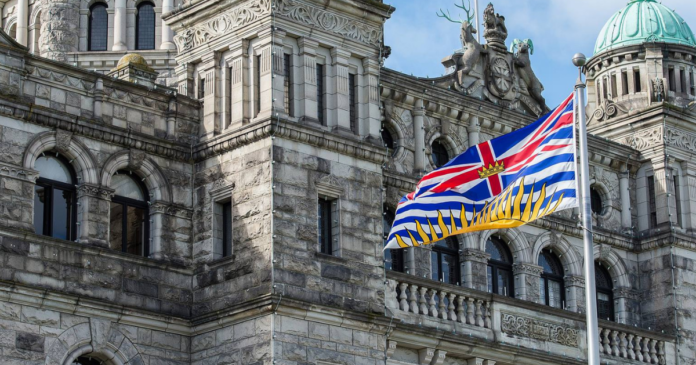In a creepy ISIS-type video, an Ontario student – her face and head covered except for her eyes – lists a series of “demands” to deal with what she claims is anti-Palestinian racism in many of the province’s schools.
She says she represents a group of high school students–called Cease Fire Now – who are “appalled and disgusted” by the silencing of pro-Palestinian voices.
In the video, the masked speaker claims that as Palestinian students in the Ontario school system, they have been denied their identity and that many teachers have made them “feel guilty” for who they are.
The speaker says they are “sick and tired of being treated as second class to Israelis”– a bizarre statement considering Israelis, other than a few exceptions, are not attending Ontario schools. It’s clear she meant to say “Jews,” but didn’t want to be accused of antisemitism.
“We want teachers and school boards to be held accountable for anti-Palestinian rhetoric and we want them to face consequences if they harass children into feeling inadequate (the speaker pronounces it, “in-ad-e-kit.”)
She also demands there be a section in the curriculum that teaches – get this – the “colonization and ethnic cleansing” of Palestine.
“We want Palestine to be studied extensively … and that Palestinian students be given a safe space at schools to grieve for friends and relatives who have been subject to senseless deaths by Israel (she pronounces it “Is-ra-eel)”
“Palestinians and Palestinian students have been crying every night because of how helpless they feel about the plight of Palestinians in Gaza…we demand respect,” she says.
The speaker says if their demands “aren’t met,” it will be clear that Ontario school boards “target Indigenous populations” and do not believe “Indigenous people deserve rights.”
For someone so worried about her identity and that of other Palestinian students, the speaker goes out of her way to hide her identity behind a series of keffiyehs.
The truly bizarre video – in which the speaker invents racism that doesn’t exist – contains many inflammatory and false statements.
For one, there is no such country as Palestine and contrary to claims of ethnic cleansing, the population of Gaza has more than doubled in recent years.
Ontario school boards have also bent over backwards to recognize the plight of the Indigenous and, if anything, has come to light since the atrocities of Oct. 7, antisemitism is rampant, not anti-Palestinian sentiment.
The Instagram video accompanied a notice to all school boards that the students at 42 high schools will walk out of class and continue to do so until the boards release a statement concerning the alleged “genocide” in Palestine.
I use the word alleged because there is no genocide, no ethnic cleansing, and there is no country called Palestine.
The bombings and ground war in Gaza are a result of the horrible atrocities of Oct. 7 by Hamas, during which 1,200 Israelis were murdered, brutalized, raped, burned, decapitated, and some paraded through Gaza City while Palestinians cheered and clapped.
There are still more than 200 Israelis being held hostage in Gaza.
But Cease Fire Now – which I suspect is a creation of the Palestinian Youth Movement – makes no mention of the atrocities of Oct. 7 perpetrated by Hamas, killings which broke the last ceasefire.
The group accuses world leaders of apathy and claims the cries of children “are being muted” as Israel “tries to hide their war crimes.”
It also demands that Ontario school teachers and administrators receive anti-Palestinian racism training and that Canada stops providing financial, military and political support to Israel.
It is not just appalling that the unnamed students feel they can walk out of class whenever they desire, with no pushback from school officials.
But the demands they make of Ontario school boards remind me of those entitled and angry activists from Black Lives Matter.
As far as I’m concerned, these students are nothing more than indoctrinated Israel/Zionist haters who have manufactured a narrative and are jumping on the opportunity to play the victim of a non-existent hate.
We should all be concerned with their aggressiveness.
But sadly, our school boards have created these activists by pushing a social justice agenda instead of academics.



























